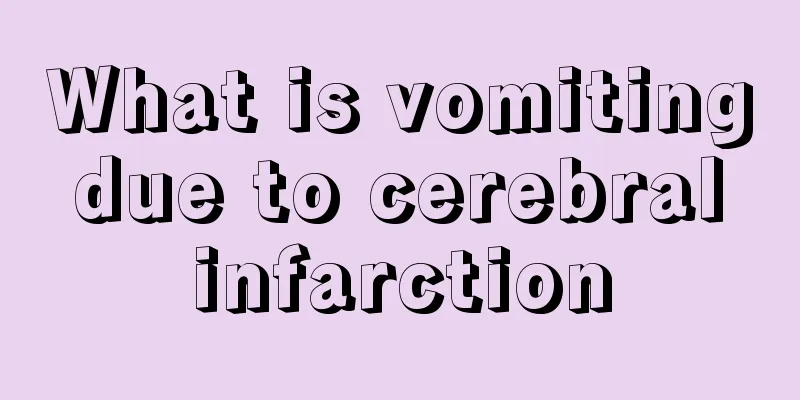Why is there redness and swelling after getting the pentavalent vaccine

|
Local redness and swelling caused by the pentavalent vaccine is a common adverse reaction, such as local redness and swelling, or fever and pain, fatigue, and itching. Generally speaking, this situation is not very harmful. As long as parents pay attention to some basic care of their children, the symptoms can be relieved in a day or two. However, some children need to use some antipyretic and analgesic drugs to relieve local redness and swelling. 1. Side effects of pentavalent vaccine Children may have adverse reactions after vaccination, which are usually more obvious after the second shot. Parents should pay attention to observation. The main adverse reactions include local redness, swelling, fever, pain, fatigue and itching. Most children's fever is transient and can be recovered on its own by drinking more water. A few children with fever need to use antipyretic and analgesic drugs; local redness and swelling can be treated with hot compresses. II. Precautions for Pentavalent Vaccine Vaccination The pentavalent vaccine is not suitable for every child. People who are allergic to the vaccine and any of its ingredients, including excipients and antibiotics, and have other serious adverse reactions; people with acute diseases, serious chronic diseases, acute attacks of chronic diseases and fever; people with encephalopathy, uncontrolled epilepsy and other progressive neurological diseases; people who have neurological reactions after injection of whooping cough, diphtheria and tetanus vaccines should not be vaccinated with the pentavalent vaccine. 3. Precautions for vaccination with pentavalent vaccine: 1. It should be used with caution in patients with thrombocytopenia and coagulation disorders (because there may be a risk of bleeding after intramuscular injection). 2. The pentavalent vaccine may contain trace amounts of glutaraldehyde, neomycin, streptomycin and polymyxin B and should be used with caution in patients who are allergic to these substances. 3. If you have had a non-febrile seizure unrelated to the previous vaccination, you should carefully consider getting the pentavalent vaccine. 4. If any of the following situations occurs, which may be temporarily related to vaccination, a cautious decision should be made whether to further receive a pertussis vaccine: ① Fever ≥40°C within 48 hours that is not caused by other clear causes; ② Collapse or shock-like symptoms within 48 hours after vaccination; ③ Continuous and inconsolable crying for more than 3 hours within 48 hours after vaccination; ④ Convulsions with or without fever within 3 days after vaccination. |
<<: What happens if you have a fever after getting the pentavalent vaccine
>>: What should I do if the vaccination site becomes red and swollen
Recommend
Can turtle parasites infect humans?
Parasites generally live in the bodies of aquatic...
What should prostate cancer patients pay attention to after radical prostatectomy?
Prostate cancer patients must pay attention to so...
The symptoms of gallbladder cancer are not just like this
Gallbladder cancer is a disease with a very high ...
What are the early symptoms of glaucoma
If you want to treat glaucoma, you must pay atten...
Hereditary hemorrhagic telangiectasia of the small intestine
Most people may be unfamiliar with some diseases,...
How much does it cost to check for fibroids
How much does it cost to check for fibroids? Fibr...
The efficacy, function and usage of green tea powder
Everyone knows that green tea is a very good drin...
What causes bone cancer recurrence after surgery
Bone tumors are tumors that occur in bones or the...
What are the benefits of washing your hair with green tea
People often drink green tea, which can not only ...
Dietary considerations for bladder cancer.
Bladder cancer is a malignant tumor with complex ...
Can I live a normal lifespan if nasopharyngeal cancer is cured?
Whether patients with nasopharyngeal carcinoma ca...
What are the dangers of cervical cancer? Eating more of these 4 foods can easily prevent cervical cancer
The uterus is the most important organ in a woman...
Is it good for your health to drink purified water for a long time?
In our daily life, purified water is the most con...
How to warm up your voice before amateur singing?
Professional singers usually don't start sing...









